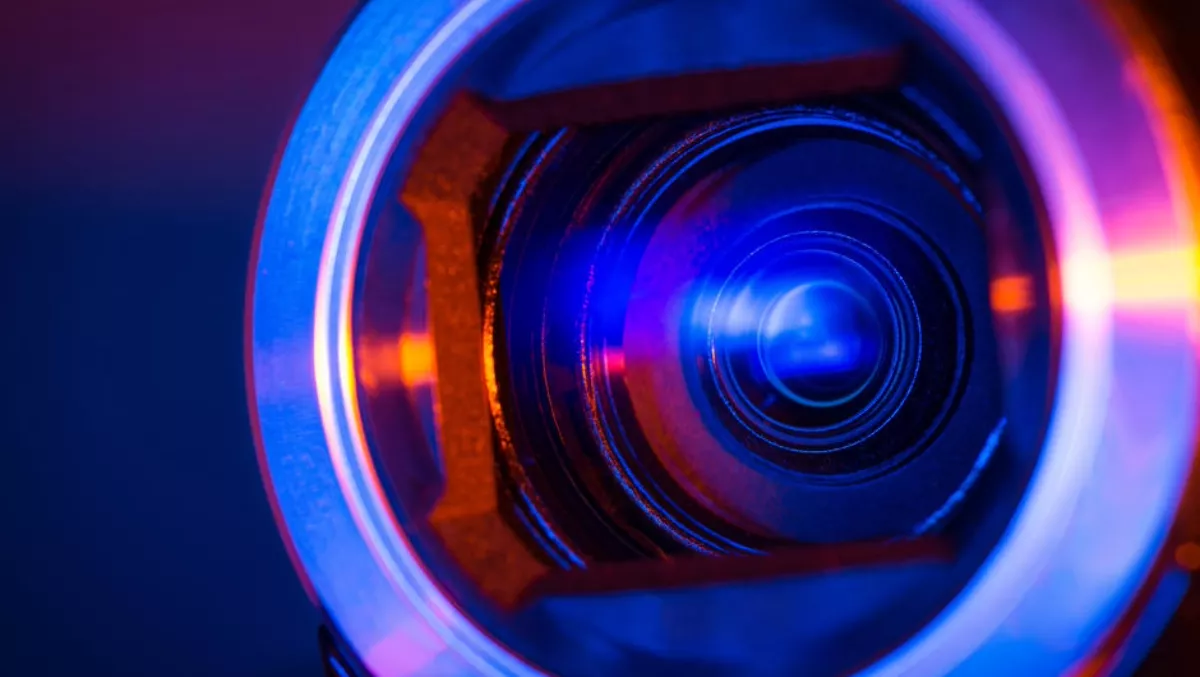A mobile climbing robot called 'Alfie' will help to lead the way in workplace safety, particularly for those who work in the chemical, industrial, and energy fields.
The robot, developed right here in New Zealand by Invert Robotics, took the technology behind Alfie to Sweden this month as part of a global challenge.
Invert Robotics was one of 10 companies worldwide to be chosen for further development by AkzoNobel and KPMG.
The robot 'captured the imagination' of the two major multinationals because it is able to investigate confined spaces, which means workers don't have to enter. This can reduce risk to workers and prevent serious injuries or deaths.
"Robotic devices prevent worker injury and death, often caused when workers enter a confined space and are overcome by carbon dioxide asphyxiation or inhalation of other hazardous gases," explains Invert Robotics' managing director Neil Fletcher.
He says the team is dedicated to developing technology that will transform the way teams conduct inspections.
"With no need for scaffolding or workers in safety equipment, Invert Robotics now offers its service worldwide in order to reduce this type of serious workplace risk.
What does Alfie do? With high definition cameras and sensor technology, it can remotely assess equipment for maintenance and predictive analysis.
"By using mobile robot innovation we can remotely inspect industrial equipment such as the enormous tanks used extensively by manufacturers and processors, and remove the risks of climbing and scaffolding," Fletcher explains.
The non-destructive inspections can remotely analyse non-ferromagnetic surfaces including stainless steel, carbon fibre, aluminium and glass.
The company has moved quickly from its startup origins to the rapid growth stage largely because of how its customers in Europe and Australiasia are reaping the benefits of safety and efficiencies.
"Having already demonstrated our technology in the dairy and food and beverage processing sector, Invert Robotics' future growth, especially with this further support by AkzoNobel and KPMG, is firmly targeted on the industrial chemical and oil and gas markets in Europe and Australasia," Fletcher says.
AkzoNobel Specialty Chemicals, which annually generates revenues of €9.6 billion, launched the world-wide Imagine Chemistry initiative to help solve real-life chemistry-related challenges and uncover sustainable business opportunities.
Winners receive support to develop their products further and benefit from the international expertise and client networks of AkzoNobel and its management consultant partner KPMG.
"Our ultimate goal is to eliminate the need for people to ever have to enter any confined spaces," Fletcher concludes.



